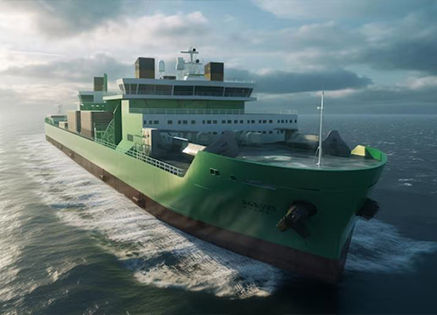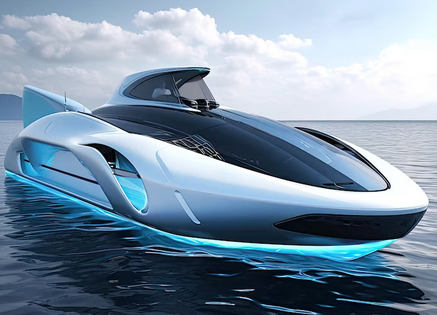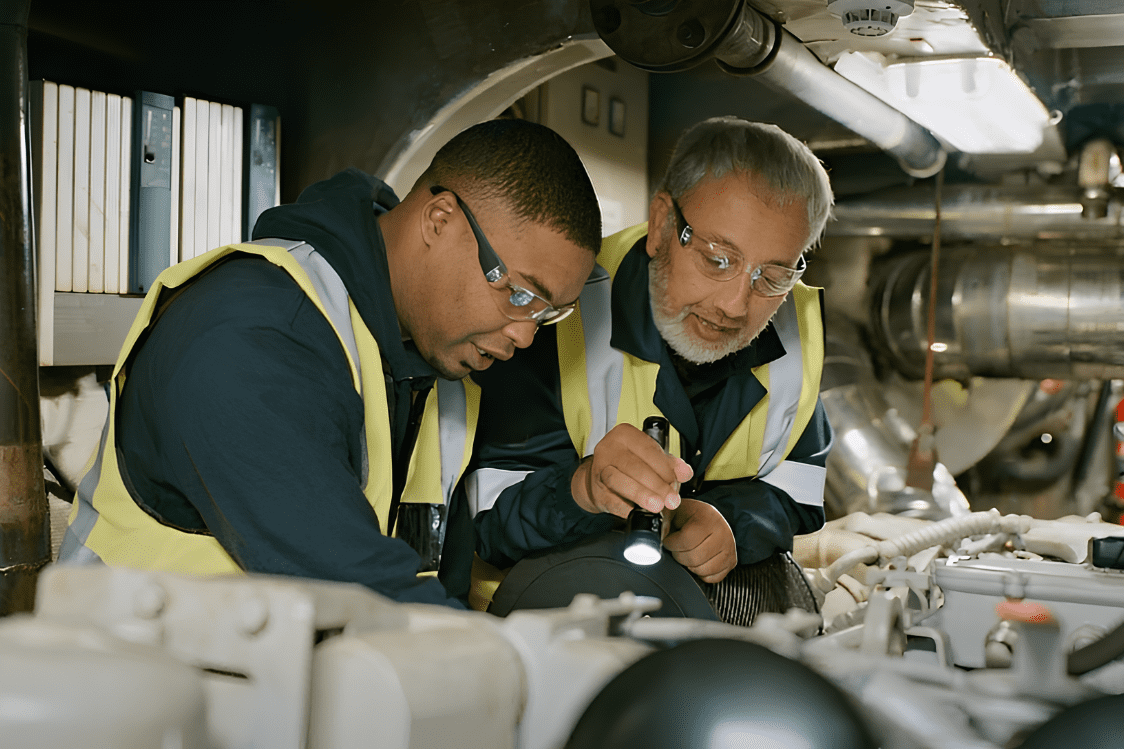Challenges of Marine Engineering: How Marine Engineers Overcome Them

Posted on : 8/15/2023, 11:14:22 PM
Marine engineering, a complex and vital discipline, revolves around the intricate tasks of designing, constructing, and maintaining ships and watercraft. Marine engineers play a crucial role in ensuring the efficient and secure operation of diverse marine systems. However, this field presents its fair share of obstacles that engineers must navigate skillfully.
In this article, we will delve into the primary challenges faced by marine engineers and explore how they adeptly overcome these hurdles to safeguard our oceans and seas.
Staying Ahead in a Rapidly Evolving Technological Landscape:
The swift pace of technological advancements continually tests marine engineers to remain at the forefront of innovation. Adapting to the latest tools and methodologies is a constant demand for ensuring the seamless operation of marine vessels, spanning from advanced navigation systems to cutting-edge propulsion technologies.
A commitment to continuous learning and professional growth is indispensable for marine engineers to remain abreast in this ever-evolving domain.
Addressing Environmental Imperatives:
The term "marine" conveys a realm that hinges on resilience. The marine engineering domain faces mounting pressure to adopt ecologically sustainable and long-term practices. Engineers are tasked with devising vessels and systems that minimize ecological impact, curb pollution emissions, and optimize energy usage.
Meeting stringent environmental standards necessitates ingenious thinking and unwavering dedication to preserving our marine ecosystems.
Prioritizing Safety and Effective Risk Management:
Safety stands as the cornerstone of marine engineering. Engineers must navigate the unpredictability of weather, unforeseen mechanical glitches, and other maritime hazards. They meticulously formulate risk management strategies to mitigate potential perils and ensure the safety of crew members and passengers aboard.
From stringent safety protocols and regular inspections to comprehensive emergency response plans, marine engineers bear the responsibility of upholding unwavering safety standards.
Tackling Complex Machinery and Systems:
Modern marine vessels encompass intricate machinery and sophisticated systems that present intricate challenges for management and maintenance. Profound comprehension of mechanical, electrical, and electronic systems is imperative for marine engineers to proficiently diagnose and rectify technical glitches.
Their adept handling of sophisticated technologies guarantees seamless and efficient vessel operation during extended voyages.
Navigating Global Operations and Multicultural Collaborations:
Marine engineering operates within a global context, necessitating collaboration with multicultural crews. Effective communication and teamwork serve as linchpins of success. Engineers must adapt to diverse work styles and surmount language barriers to foster cooperation and ensure streamlined operations on board. Cultural acumen and interpersonal skills are highly prized attributes among marine engineers.
Balancing Cost Considerations:
Financial constraints exert significant influence over marine engineering undertakings. Engineers frequently grapple with optimizing designs and processes while adhering to stringent budgetary limitations.
Striking a delicate equilibrium between cost savings, safety, and quality demands ingenious problem-solving, a skill that marine engineers diligently cultivate.
Mastering Unpredictable Weather Dynamics:
Marine engineers confront the capricious nature of maritime weather conditions. Storms, hurricanes, and turbulent seas can all imperil ship operations.
Collaborating closely with meteorological experts and leveraging cutting-edge weather forecasting systems, engineers meticulously chart routes and implement safeguards against adverse weather, ensuring both vessel and crew safety.
Embracing Digitalization: Navigating Challenges and Unveiling Opportunities in Marine Engineering

- Integration of Digital Innovations in Maritime Endeavors:
As digital technology advances rapidly, the marine engineering sector is undergoing a paradigm shift towards automation and data-driven solutions.
The integration of the Internet of Things (IoT), artificial intelligence (AI), and autonomous systems is revolutionizing the functioning of ships and vessels.
- Smart Vessels and Real-Time Data Analytics:
The concept of intelligent ships is reshaping the maritime landscape. Employing sensors and IoT devices to collect data on vessel operations has become standard practice.
Marine engineers leverage this data to optimize fuel consumption, enhance navigation efficiency, and monitor engine performance, resulting in both economic savings and reduced environmental impact.
- Navigating Cybersecurity Challenges:
With ships relying increasingly on digital systems and networking, cybersecurity emerges as a critical concern. Marine engineers must fortify the ship's digital infrastructure against cyber threats, ensuring its resilience to potential attacks. Safeguarding against digital assaults is paramount for preserving the vessel's integrity and system reliability.
- Balancing Human Oversight and Autonomous Navigation:
The emergence of autonomous vessels raises questions about the role of human supervision in maritime operations.
While autonomous systems hold the potential to boost efficiency and eliminate human errors, marine engineers must judiciously determine the degree of human involvement necessary to ensure safe and responsible operations.
- Autonomous Ships and Marine Engineering Training Courses in London:
In the realm of marine engineering, the concept of autonomous ships is gaining prominence. Additionally, London offers comprehensive marine engineering training courses that equip engineers with the skills needed to excel in this dynamic field.
Conclusion:
Marine engineering is an intricate field that presents engineers with a spectrum of challenges. The ability to adapt to technological innovations while upholding environmental stewardship epitomizes the marine industry's essence.
Through their unwavering commitment to innovation, sustainability, and safety, marine engineers play a pivotal role in facilitating the seamless functioning of global maritime operations.






